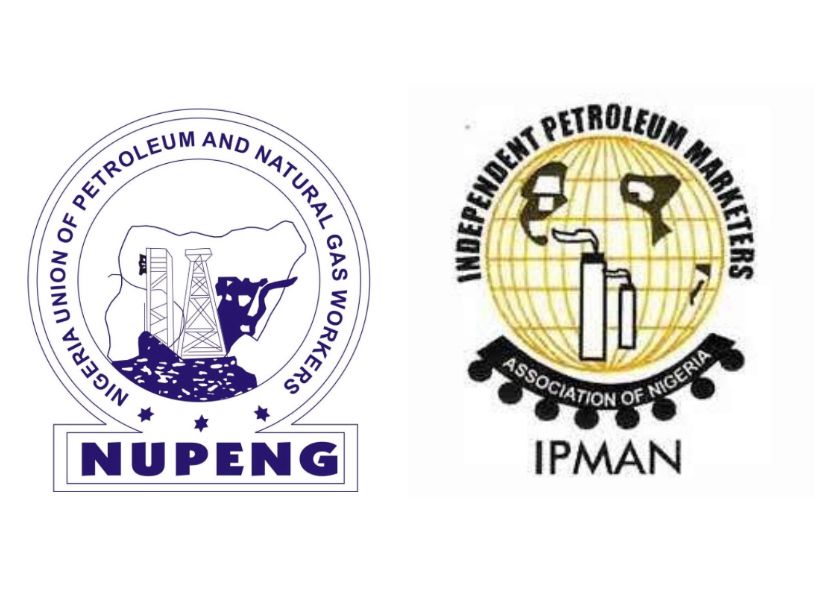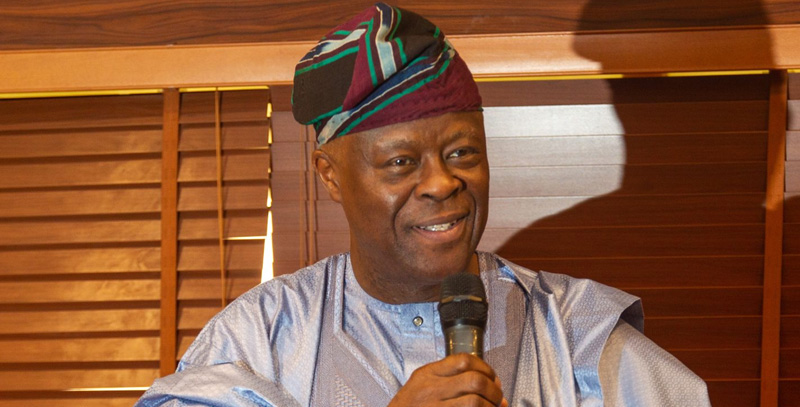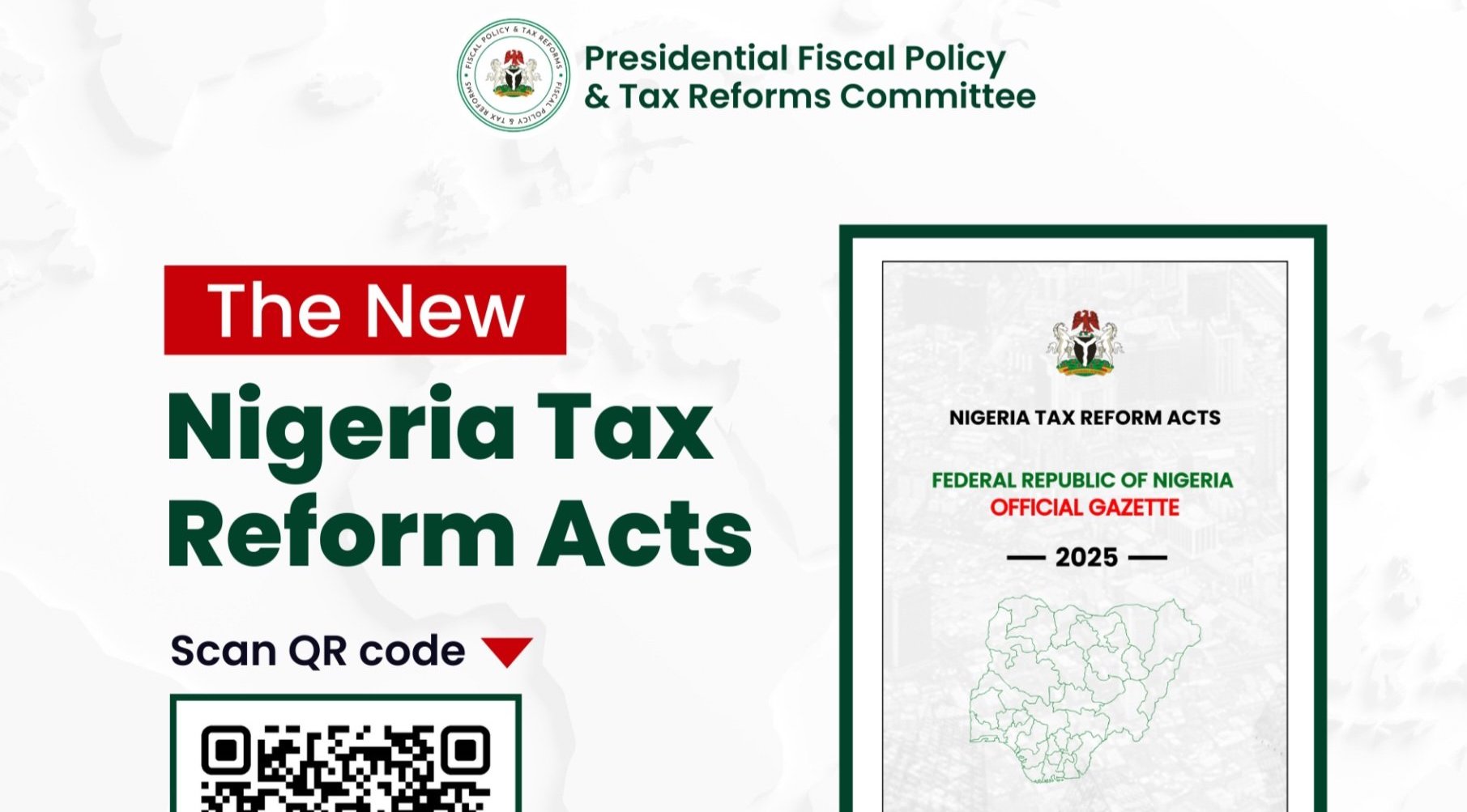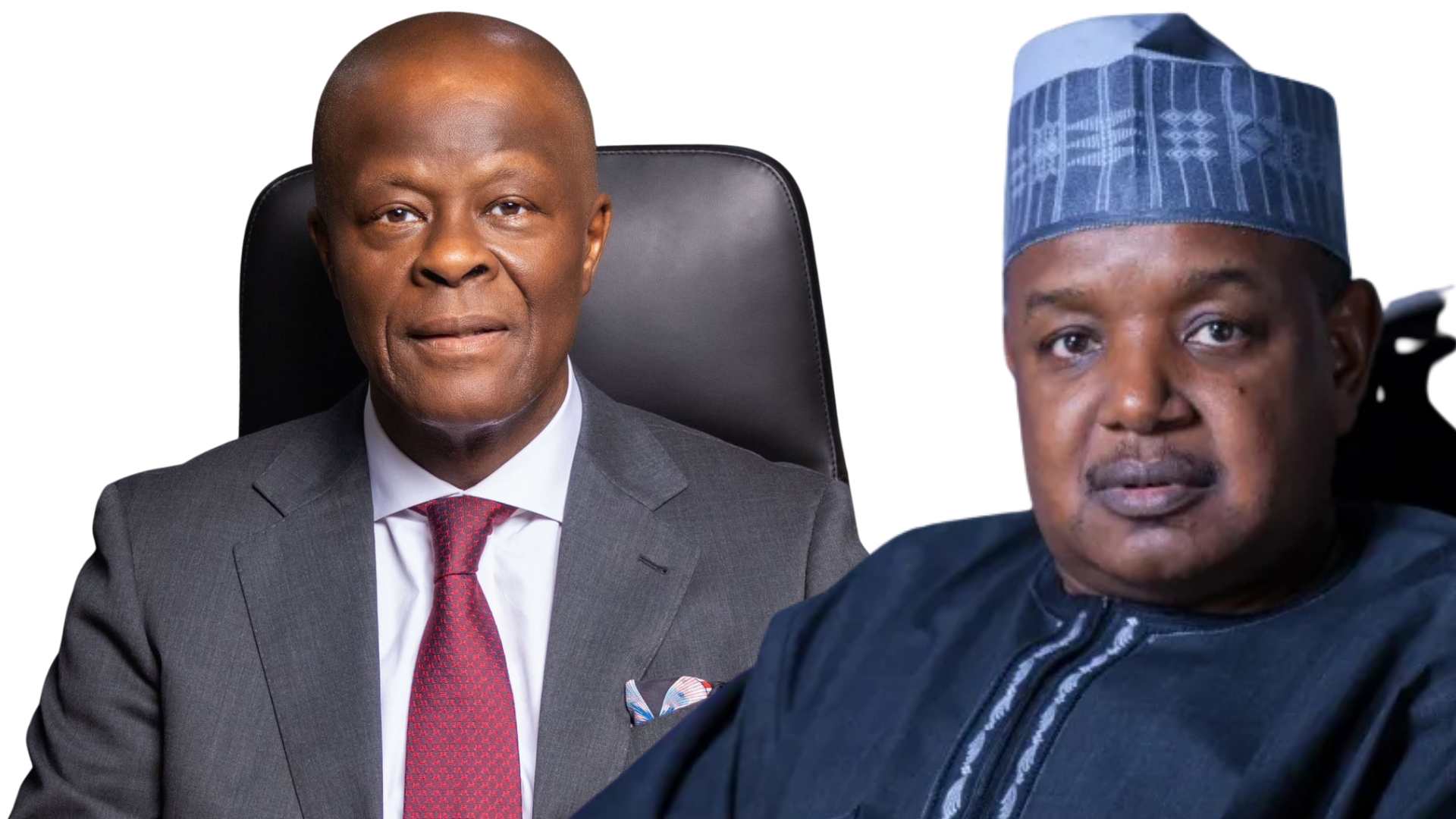Arize Nwobu
Headwinds are factors that push against and create negative effects in an economy and tailwinds are factors that push forward and create positive effects in an economy.
Major headwinds against Nigeria’s economy include pervasive corruption, Insecurity, prebendalism and nepotism and high cost of governance featuring conspicuous consumption by the political class.
Other headwinds include the monoproduct and factor-driven nature of the economy, import-dependency structure of the economy, weak manufacturing and export base, smuggling and sabotage.
Others include infrastructure deficit, underutilisation of the mechanism of the capital market, dollar denominated debt burden which creates currency risk, high interest rate which hinders borrowing and growth of the real sector, exchange rate conundrum and inflation.
Inflation creates severe consequences in the economy. It erodes income and purchasing power and makes it difficult for citizens to afford basic necessities of life, discourages savings and investment, causes depreciation of exchange rate and in extreme cases it can render a currency useless and destabilise the economy.
Inflation and other headwinds can happen in an economy due to different reasons either internal or external or both.
In 2008 America witnessed a severe economic downturn due to the collapse of the US housing market and global financial crisis.
In 2016, Nigeria witnessed a recession which was noted as the worst since 1987 and was caused by the sharp fall in global oil prices and sabotage of oil infrastructure in the Niger Delta.
In 2022, there were spates of inflation in many countries and which the International Monetary Fund( IMF) attributed to the Covid-19 pandemic war in Ukraine and fiscal policies and further noted that food and energy were the main drivers of inflation across the countries.
In the United States, it was reported that inflation reached 9 percent in 2022 as prices shot through the roofs to unprecedented levels not witnessed in forty years and which caused Americans to panic.
In Venezuela, a country said to have the world’s largest oil reserves and was once the largest exporter of oil, but now with high poverty and extreme poverty, inflation reached 400 percent.
In Nigeria, inflation has been prevalent over the years since 2007 though at lower rates. But it kept increasing slowly and progressively until it became very pronounced and biting about three to four years ago.
General causes of inflation in Nigeria include epileptic power supply, reduction in productivity, price of fuel, insecurity and reduced food production.
Other causes include higher taxes, government policies, dollar denominated debt burden, money supply, devaluation of the naira, global disruptions etc.
Research by the Central Bank of Nigeria ( CBN) shows that once inflation reached above 12.5 percent or 13.0 per cent, it would retard growth.
Central banks will apply all possible policy options to tame the inflation headwind and successive CBN Governors have continued to apply the monetary policy tool to fight inflation.
Between 2007- 2013, CBN consistently pegged the Monetary Policy Rate (MPR) at 12.0 percent when inflation rate was in the range of 10- 12 per cent and which caused inflation to drop to 8.0 percent and engendered macro-economic stability and growth.
Inflation spiked to 19.0 per cent in 2017 and CBN raised and consistently retained the MPR at 14.0 per cent and it effectively checkmated inflation which dropped consistently at different periods from 19.0 per cent in January 2017 to 13.34 per cent in March 2018.
Thereafter, inflation rate started rising and CBN continued to increase the MPR accordingly to tame the headwind. As the then CBN Governor noted: “as inflation continues upwards the MPC (Monetary Policy Committee) will always hike rates to curtail the pressure.”
The quantum of money in the system also continued to grow and which fueled inflation. Money supply rose from N1.4 trillion in 2015 to N3.23 trillion in seven years up to 2022.
In 2024 it increased to N3.28 trillion and further to N3.96 trillion in March and by October 2024 the total amount of currency in circulation had reached N4.1 trillion.
The previous administration of late President Muhammadu Buhari was alleged to have “over-used the Ways and Means Window of the CBN in addition to external debts.
Former Edo State Governor, Godwin Obaseki once alleged that the federal government at a time printed additional N50 billion- N60 billion to top up the allocations to state governments and he also projected that the debt profile could rise to N16 trillion by end of 2021.
But the former Minister of Finance, Budget and National Planning, Mrs Zainab Ahmed debunked Obaseki’s allegations and which the then CBN Governor described as “unfortunate and inappropriate.”
Printing money to finance government spending and incurring external debts causes inflation and devaluation and loss of confidence in the currency.
Former CBN Governor, Sanusi Lamido Sanusi was also critical of the economic management of the former and late President Buhari and also alleged the the federal government continued to print money.
Sanusi also criticised former President Buhari’s plan to borrow $30 billion at a point in time and noted that it would be difficult for the loan to be granted by any global financial institution because of the then prevailing multiple exchange rates.
CBN under the present administration of President Tinubu unified the exchange rate and removed fuel subsidy.
Both policies were widely commended as the way forward for a better economy in the long run, but they are also painful. The two policies in addition to excess money supply, exacerbated inflation.
Inflation spiked from 22.40 per cent in March 2023 to 34.80 per cent in December, 2024. The development challenged CBN and the Governor, Olayemi Cardoso adopted an explicit inflation targeting framework and launched one of the most aggressive fights against inflation.
And inflation has dropped from 34.80 per cent in December 2024 to 21.88 per cent in July, 2025.
The Monetary Policy Committee clarified that inflation was the major issue and was determined to do whatever was necessary to tame it.
The inflation trajectory, perception and outlook seems good. In its Inflation Survey Report, CBN noted that the proportion of respondents who perceived that inflation was high had declined from 71 per cent in June 2025 to 66.20 per cent in July 2025.
Also, in a Purchasing Manager’s Index (PMI) report for July, CBN noted that “the composite PMI for July 2025 indicated an expansion in economic activities for the eight consecutive month at 52.7 index points in July 2025.
Purchasing Manager’s Index is an economic indicator that reflects the health of the manufacturing and services sectors through monthly surveys of Purchasing Managers.
.Nwobu, a Chartered Stockbroker and Business Journalist wrote via arizenwobu@yahoo.com Tel 08033021230.
The post Taming the Inflation Headwind appeared first on THISDAYLIVE.






